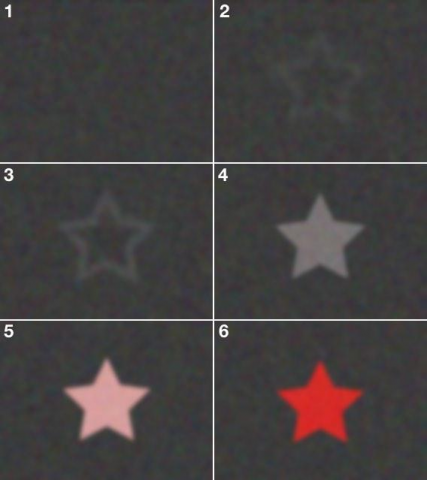Aphantasia 💭
197 readers
1 users here now
Aphantasia is the inability to create mental imagery.
For discussion, research or memes.
Rules:
- Be kind, even if you disagree.
- This is not a place for spreading hate.
- No spam.
- No NSFW.
- No trolling or low-effort content.
- No racism, homophobia, sexism, ableism, or ageism.
reason behind community icon
The community icon is a reference to this popular test for one's level of visualization vividness:

You may also like:
founded 1 year ago
MODERATORS
1
2
3
4
1
Windows to the soul: Pupils reveal 'aphantasia' -- the absence of visual imagination
(www.sciencedaily.com)
5
6
7
8
9
10
1
"What is the relationship between Aphantasia, Synaesthesia and Autism?" (2021)
(www.sciencedirect.com)
11
12